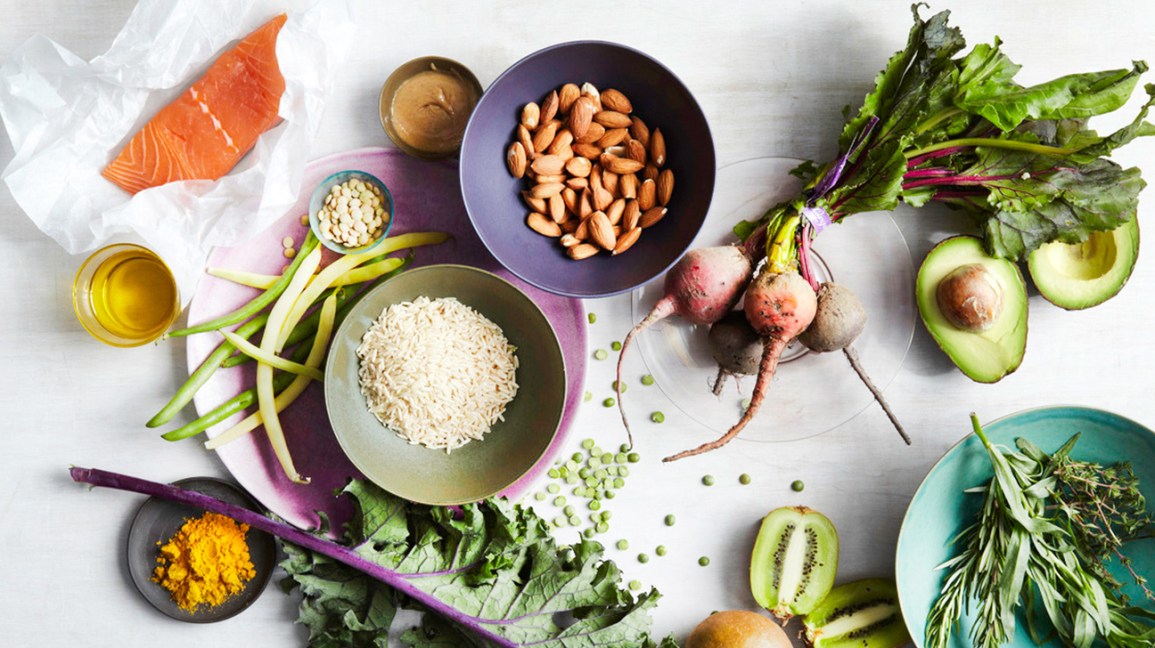Health
10 food items to keep your heart healthy
Adding healthy and nutritious food items to your diet can not only boost heart health but also can make you stay fit.

Health
Karwa Chauth 2025 moonrise time: Biohacking the fast from sunrise to moonlight for better health
Karwa Chauth 2025 fast offers not only spiritual fulfilment but also scientifically proven health benefits — from improved metabolism and hormonal regulation to enhanced longevity and mental clarity.
Health
Sadhguru’s 30% diet challenge: Spiritual leader explains how eating more fruits can transform your digestion and mental clarity
Sadhguru’s 30% diet challenge urges people to eat more fresh fruits daily. From better digestion to steady energy, here’s how this change can improve your life.
Health
Is winter really a silent threat for diabetics and hypertensive patients? Risks you need to know
-

 Latest world news17 hours ago
Latest world news17 hours agoTrump says tariffs will replace income tax, criticises Supreme Court setback in key address
-

 Latest world news17 hours ago
Latest world news17 hours agoTrump repeats claim of averting India-Pakistan nuclear war during Operation Sindoor
-

 India News17 hours ago
India News17 hours agoShashi Tharoor questions Centre over Kerala name change to Keralam
-

 Latest world news17 hours ago
Latest world news17 hours agoPM Modi to begin two-day Israel visit, defence and trade in focus
-

 India News8 hours ago
India News8 hours agoMK Stalin predicts frequent PM Modi visits to Tamil Nadu before assembly election
-

 Latest world news8 hours ago
Latest world news8 hours agoIndia eyes Rs 8,000 crore mid-air refuelling aircraft deal as PM Modi begins Israel visit





















